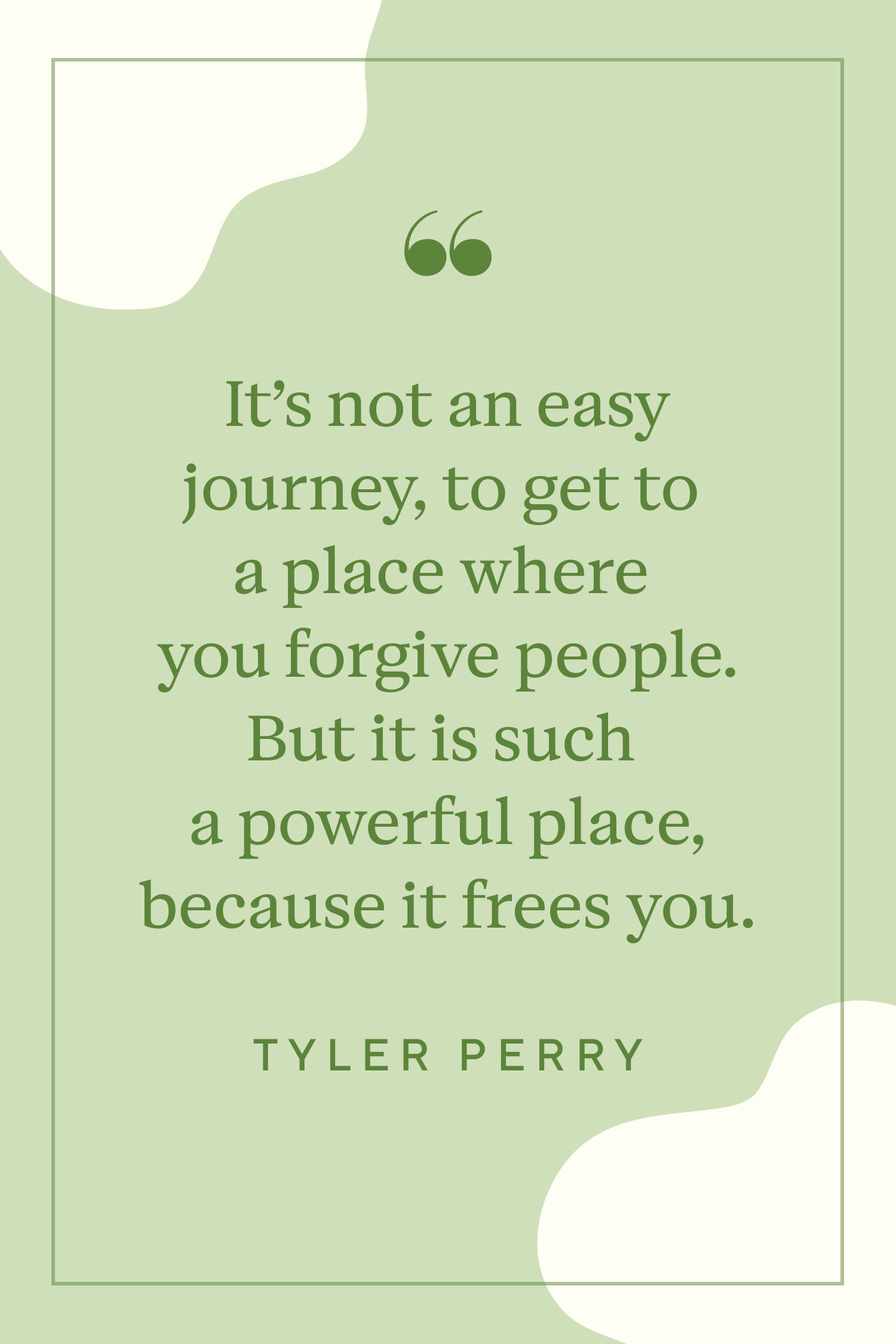How to Forgive Someone: Understanding the Role of Empathy in Forgiveness
How to Forgive Someone: Understanding the Role of Empathy in Forgiveness
Blog Article
Crucial Steps to Forgive: Embracing the Power of Mercy in Your Life
Mercy is a complex procedure that holds significant effects for psychological well-being and personal advancement. The trip does not end with recognition; it transitions into a conscious option to forgive.
Comprehending Forgiveness
Forgiveness is a complicated emotional process that requires releasing resentment or rage towards an individual who has caused harm. It is not just an easy act of claiming "I forgive you," but instead an extensive inner trip that entails integrating one's experiences and sensations. Recognizing forgiveness requires identifying that it serves as a system for emotional release, allowing individuals to move on without the worry of past grievances.
This process is usually misinterpreted; forgiveness does not imply condoning the actions of the offender or lessening the effect of their actions. Instead, it is about recovering personal power and cultivating psychological wellness. Forgiveness can promote recovery, as it commonly results in minimized tension, lower stress and anxiety levels, and boosted general psychological wellness.
Additionally, understanding forgiveness involves recognizing that it is a personal journey, distinct per individual. Elements such as cultural history, individual worths, and past experiences can form how one methods forgiveness. Eventually, accepting mercy can lead to healthier relationships, both with oneself and others, promoting a course towards emotional liberation and durability.
Acknowledge Your Feelings
Recognizing and acknowledging one's feelings is an important action in the mercy process. It is necessary to confront the feelings that emerge from upsetting experiences, as these feelings can inform just how we refine the situation and our succeeding activities. Disregarding or subduing sadness, betrayal, or anger can cause extended psychological distress and hinder our capacity to forgive.
To properly acknowledge your sensations, take time to identify and name the details emotions you are experiencing. This might include journaling, meditative practices, or reviewing your feelings with a trusted buddy or therapist. By expressing what you really feel, you can obtain quality and understanding right into the underlying issues that require focus.
Inevitably, identifying your sensations is not about dwelling on them yet instead regarding recognizing their function in your journey toward forgiveness. Accepting this step lays the groundwork for healing, promoting an extra profound transformation within yourself and your partnerships.
Assess the Circumstance
After acknowledging your sensations, the next important step involves mirroring on the circumstance that motivated those feelings. This reflective procedure is critical for understanding the context and the dynamics at play in the conflict or upsetting experience.
Taking part in this analysis allows you to acquire point of view, which can brighten just how misconceptions or varying point of views may have contributed to the circumstance (Steps to forgive). Goal to identify any type of patterns in your reactions, in addition to the habits of others. This recognition can cultivate compassion, enabling you to value the complexities of human communications
By showing deeply, you cultivate a clearer understanding of the scenario, which is a critical structure for moving ahead in the forgiveness process. This action not only clarifies your sensations however likewise prepares you for the next crucial choice in your journey towards forgiveness.
Select to Forgive
The choice to forgive commonly originates from a deep understanding of the negative effect that keeping anger can have on your life. It is necessary to acknowledge that mercy is a present you offer to on your own, enabling you to move on with clearness and objective. Begin by showing on the factors behind your need to forgive, which can empower you in this journey.
In this pivotal moment, attest your decision by expressing your dedication to forgive, whether with journaling, reflection, or conversation with trusted people. This act of choosing mercy can offer as a stimulant for personal development, aiding you to grow strength and emotional strength. As you take this step, keep in mind that mercy is an ongoing procedure, and your commitment is important to read more its success.
Embrace the Healing Refine
Embracing the healing process is vital for those that have actually picked to forgive, as it permits people to navigate their emotions and foster individual development. The journey of healing is not direct; it includes recognizing harmed, processing sensations, and eventually moving towards approval. By facing the feelings linked with the disobedience, individuals can begin to launch the weight of animosity and temper.
To promote this healing, it is important to participate in self-reflection and look for support from relied on buddies, family, or experts. Journaling can also provide a secure electrical outlet for sharing article emotions and thoughts, making it simpler to recognize patterns and activates. Practicing mindfulness and self-compassion can further boost this process by advertising a greater understanding of one's sensations and urging a gentler method to oneself.

Verdict
To conclude, the trip toward mercy encompasses several crucial steps that promote psychological recovery and personal growth. Recognizing feelings, mirroring on the scenario, and knowingly picking to forgive are essential elements of this process. Welcoming the recovery trip enables people to grow resilience and empathy, eventually bring about a more fulfilling life. The power of mercy not just minimizes concerns yet also paves the method for much deeper links and a greater understanding of oneself and others.
Forgiveness is a diverse process that holds considerable implications for emotional health and personal growth.Mercy is an intricate emotional process that entails letting go of animosity or rage toward an individual who has actually triggered injury.Recognizing and acknowledging one's feelings is a crucial step in the mercy process (Steps to forgive). By reflecting deeply, you cultivate a clearer understanding of the circumstance, which is a crucial foundation for moving ahead in the mercy procedure. As you take this step, remember that mercy is a recurring procedure, and your commitment is crucial to its success
Report this page